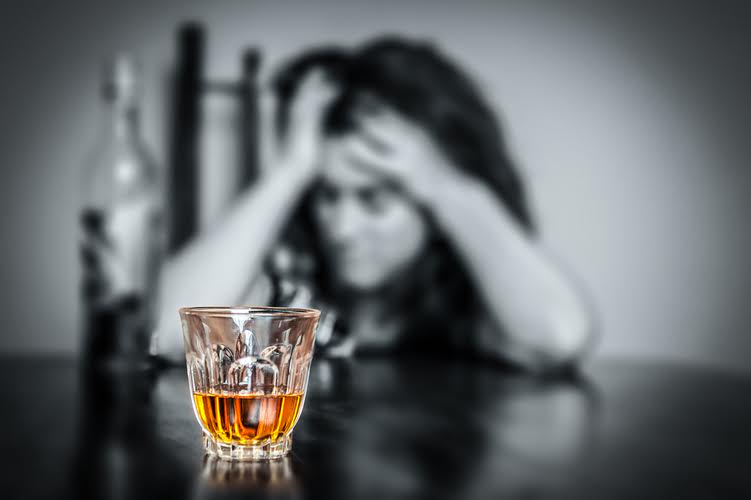You shall not attempt to damage, impair or disrupt the operation of the Service by any method, including through use of viruses, Trojan horses, worms, time bombs, denial of service attacks, flooding or spamming. You will have free access to the Service’s providers without restrictions to waiting periods, notification periods, etc. upon activation of your membership (except for hospital discounts). Our memberships are affordable and easy to access with transparent pricing. WoW Health is a simple, membership-based Alcohol Use Disorder healthcare solution – not insurance.
Stage 3: Tolerance – The Escalation Phase
- For example, some networks are involved with thinking, learning, emotions, and memory.
- Support groups, like Narcotics Anonymous, help people with drug addiction issues.
- As experimentation gives way to more frequent use, patterns begin to emerge.
For example, Heroin and opioids can be more addictive than some other substances, and those with conditions like depression are statistically more likely to self-medicate through alcohol. For example, while a teenager might only be pressured into drinking by their friends at a party, in the experimentation stage they may begin exploring other drugs, such as choose the correct cycle of addiction marijuana, to find new effects. While experimentation can sometimes be viewed as natural, it’s important to know that some substances, like inhalants, can be fatal the first time they are used. Experimentation can take many forms, and there are many ways in which an individual may further their drug or alcohol use beyond this stage. The timeline for introduction can vary greatly; most children know what alcohol and gambling are at a young age and some adults have never heard of the drugs that teens and young adults take. This supportive network is vital, as it reinforces the positive changes the individual is making, helping to solidify the foundation for long-term recovery.
Support Options
- It is important to provide them with access to appropriate resources and support systems.
- Friends and family may express concern, but the individual often remains resistant to feedback.
- Once individuals reach the preparation stage, they start planning for change.
- There may still be some control, but the substance or behavior has already inhabited a significant role in their life.
Someone who’s started using substances may show signs of inebriation, like stumbling when they walk, slurring their words, or seeming spaced out. Hiding and spending more time alone can be a sign too, as this would keep other loved ones from noticing some of the more obvious signs. As this cycle repeats, the likelihood of addiction grows until it’s realized.
- Remember, recovery is a unique and personal journey, and what works for one person may not work for another.
- Understanding the stages of addiction is more than just clinical knowledge—it’s a crucial step in recognizing the signs early on and reaching out for help before the situation escalates.
- The cycle begins with a period of intoxication, where the individual is under the influence of the substance.
- By addressing addiction in its early stages, individuals can increase their chances of successful recovery and reclaim their lives.
What Are The Stages Of Addiction?

Understanding the complexity of addiction is essential in order to address the challenges faced by individuals struggling with addiction. It requires a comprehensive approach that addresses both the physical and psychological aspects of the condition. By recognizing addiction as a chronic brain disease rather than a moral failing, we can develop effective strategies for prevention, intervention, and treatment. Continuing care, also known as aftercare, helps patients stay sober in the months and years after completing addiction treatment. Continuing care often consists of individual, group, and family therapy, 12-step support groups, art therapy, and other therapies useful in preventing relapse. Patients also receive ongoing relapse prevention education so they can continue to stay clean and master the skill of navigating society without being tempted to use drugs and alcohol.

What Is a Gateway Drug?
This can be particularly dangerous and can cause overdose https://ecosoberhouse.com/ death for somebody who’s detoxed and then started using again at the same level. It’s important to remember that each individual will have their own experience of alcohol addiction and not everyone is the same. If you are worried about your alcohol habits, please contact your GP or our Treatment Advisors.
